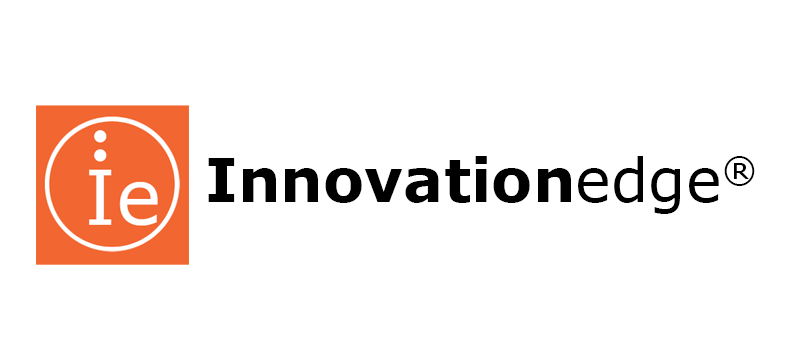 With two sons now in college, I’ve had some great opportunities to see how the traditional college scene is not what it was when I attended!
With two sons now in college, I’ve had some great opportunities to see how the traditional college scene is not what it was when I attended!
It’s exciting to see not only how conventional learning has evolved, but also how a new way to learn is emerging for those students who don’t consider themselves a traditional tuition-paying, degree-seeking member of a university.
All you need today to be a collegiate learner is a computer. A number of schools have created on-demand downloads and videocasts of their content. The OpenCourseWare movement from MIT and many other universities around the world is one example. iTunes U is another.
An effort known as Project TUVA us under development by Microsoft where online they making available lectures given by some of the brightest and most well-known scientists. Although the lectures themselves may be conventional, they are being enhanced with written captioning, expert commentary, and a note taking ability that can be synchronized with the lecture.
In Project TUVA one can easily navigate within the lectures, and the application even allows transcript searching and skipping directly to that point in the lecture. For their first demonstration they have provided a series of very interesting lectures on physics given by Professor Richard Feynman of Cal Tech in the 60’s. Feynman had the fascinating ability to make complex science fun and interesting. Even though the lectures themselves are old they are worth checking out.
All of these offerings provide a wide range of courses, but generally they are not complete in any specific degree area, and there is not as of yet an affordable selection of advanced or graduate level courses. There is still much improvement to be made in the quantity of content.
Obviously the thought is that universities don’t want to give away their product for free, only samples of what they provide. But even if they don’t provide them to the public, why wait to start building a potentially valuable “library” of lectures? Colleges and Universities could start recording much of their content now, and not just let it slip away in the memories of their students.
Wouldn’t it be wonderful if someday all of that content could be incorporated into a repository like Project TUVA to be accessible by youth all over the world – especially by those who will never be able to afford or participate in a conventional college education? Perhaps this is one area were available public funding could be used to better invest in our future.
The application of new technology to education is requiring creative thinking around user interface design, storage, and media searching and indexing. There is so much opportunity to bring more powerful experiences to the process of learning and allow more people to participate in the learning experience.
It is a highly exciting time. We are beginning to be able to subscribe to the learning outlets that we want. Take advantage of it where we can. Download a free e-book or watch a lecture. You don’t need a specialized reader like a Kindle or an iPad; all you need is a computer or a smart phone (and of course some spare time!).
